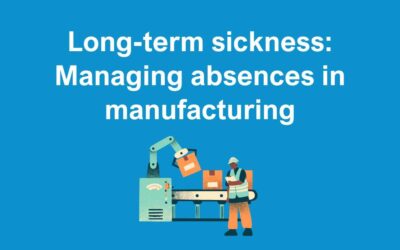The DWP have made these changes in an attempt to reduce pressure on doctors and to make it easier for staff to get advice certified by the most suitable health expert. This will also encourage better conversations about work and health.
Minister for Disabled People has supported the change by stating: “These latest fit note changes recognise the valuable role other professions play in helping manage people’s health, and I hope this will also help reduce unnecessary bureaucracy for doctors and general practice more widely.”
Although this change has been made to fit notes, there are still aspects that remain. Here are the key things to keep in mind:
Off Work Due to Sickness 7 days or less
If employees are off sick for 7 calendar days or less, they do not need to provide a fit note. They also don’t need any other medical evidence. This means they can ‘self-certify’ their sick leave.
Your employees are entitled to the amount of sick pay stated in their contract. Failure to pay this can lead to a tribunal.
Off Work due to sickness for More than 7 days
If you have an employee who is expected to be off sick for longer than 7 days, where possible they should try and get a fit note to you on the 7th day. Failure to provide a Fit Note for absences lasting longer than 7 days could result in the Employee being considered AWOL.
What a fit note should include
The health expert will either tick ‘is not fit for work’ or ‘might be fit for work’ in the fit note, depending on their evaluation of the employee.
If they tick ‘might be fit for work’ , the healthcare professional must then provide information on what level of work they think the employee can do. They may have come to the conclusion that the staff member is able to work in general, but with adjustments implemented to allow them to get back to work. These could include:.
- Lighter duties
- flexible working
- phased return
- different tasks to complete
- changes to work patterns or work area
It’s important that you take adjustments in a fit note seriously. It may help your staff get back to work quicker. If there’s no way for you to offer these recommended changes, this should be discussed with your employee and if agreed cannot offer the adjustments then the fit note will change from ‘might be fit for work to ‘not fit for work’.
We recommend introducing an occupational health expert or employee assistance programme to help staff return to work as quickly and safely as possible.
You can find out more about the fit note changes on the government website now. If you would like our support with understanding a fit note procedure or helping an employee return to work, contact us now.







